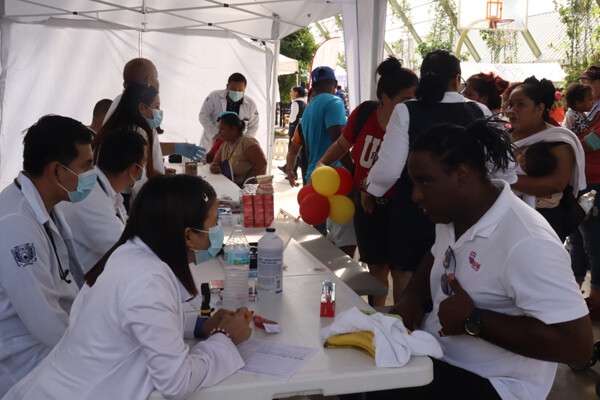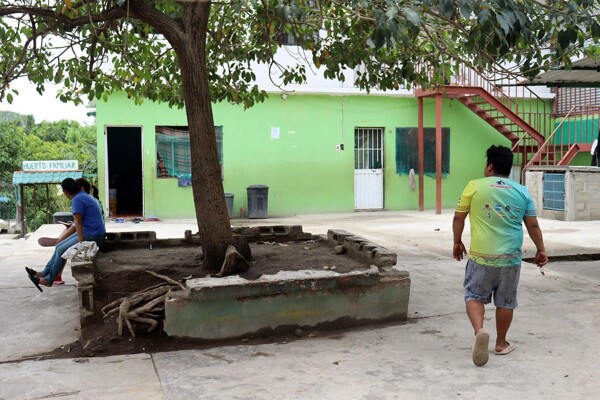
According to the National Urban Security Survey (ENSU) from the National Institute of Statistics and Geography (Inegi), Tapachula, Chiapas, currently ranks first in the perception of insecurity, with 91% of its residents considering it dangerous to live in the locality. It is followed by other cities such as Naucalpan de Juárez (88%), Fresnillo (87.9%), Ecatepec de Morelos (87%), Irapuato (86.4%), and Tuxtla Gutiérrez (85.9%).
According to Inegi, Mexicans feel more insecure in public spaces such as ATMs (67.3%), with the percentage of insecurity in cities at 52.2%, which increases to 64% among women. For the first time since 2021, the city of Fresnillo does not top the list of perception of insecurity in Mexico. The following places are public transport (61.8%), highways (53%), and streets/banks (51.3%).
The recent survey reflects the violence and confrontations that have been occurring in Sinaloa for over a month. In Culiacán, the perception of insecurity increased by more than 10 percentage points, from 44.7% in June to 55.7% in September. In cities like Mazatlán and Los Mochis, an increase in the perception of insecurity is also observed. During the last six weeks, reports of vehicle thefts, armed robberies, and homicide cases in Sinaloa have been reported.
The conflicts in Sinaloa intensified after the capture of Ismael 'El Mayo' Zambada and have triggered confrontations between factions of the Sinaloa Cartel. In light of this situation, an alliance called Special Union Forces has been formed between 'Los Mayitos' and the Jalisco New Generation Cartel. Despite the perception of insecurity in Mexico decreasing in the third quarter of the year, there is a significant discrepancy in perception between men and women.














